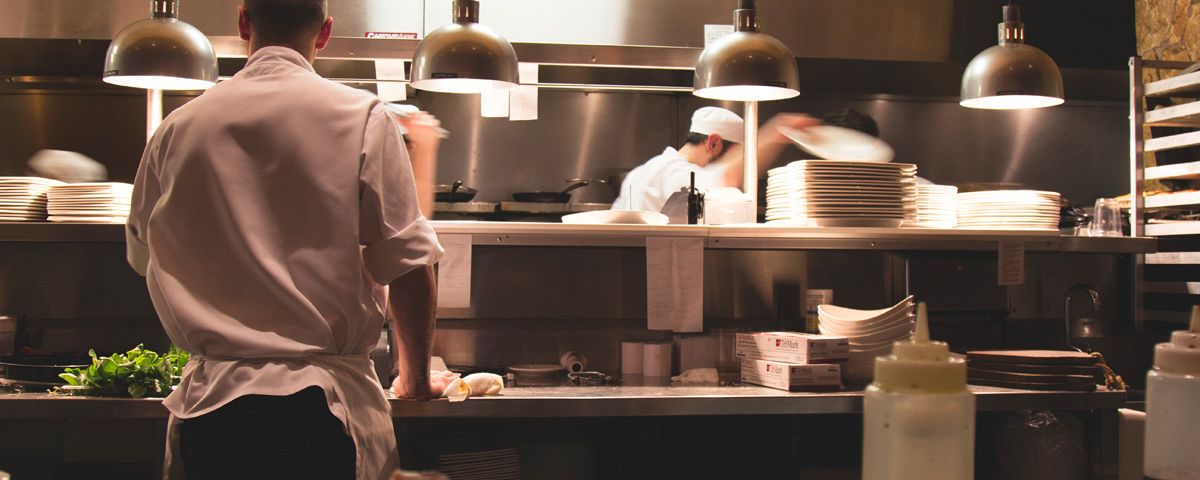
8 Things You Should Consider Before Buying a Restaurant
Jan 12, 2016
Reasonable asking prices, low barriers to entry and a wide variety of options continue to encourage restaurant buyers. However, affordability doesn’t necessarily make it a prudent investment. Buying just any restaurant is different than buying a restaurant that has the elements of sustainable profitability and growth.
So how do you make sure you’re making the right investment, that you’re buying the right restaurant?
Here are 8 considerations that will help you make the right call.
If you have any questions about the process of becoming a restaurant owner, check out Restaurants for Sale Global. It’s the perfect place not just to find restaurants for sale, but great advice on how to acquire them as well.
- The Lease. Does it Transfer?
Traffic is the life blood of restaurants. Changing the location of a thriving restaurant can very well mean its death. Location is extremely important which is why you should ask about the lease. If you want to retain the restaurant’s current customer base, you will have to get a new lease or get a lease assignment. - The Cash Flow. How is it?
You need to know the real cash flow of the restaurant you’re thinking of buying. The level of income that a restaurant owner will tell you often differs from the figures on financial statements. It’s imperative that you confirm with the owner that the selling price is based on verifiable cash flow as opposed to his/her personal estimate. - The Equipment. What’s the Condition?
As the new restaurant owner, you should avoid the situation where you end up paying the bills for equipment repairs and replacements. An inspection should tell you the condition of the building and the equipment. If you’re not satisfied with what you see, you can either refuse an offer, or use it as a reason to reduce the asking price if you see potential in the restaurant overall. Ideally, the equipment should be in good working condition. - The Liquor License. Is it Transferable?
Food quality will get people through your doors. The fact remains that for a lot of restaurants, alcohol is the real moneymaker. You should know that local jurisdictions usually issue a limited number of liquor licenses. So when you’re buying a restaurant, make sure the liquor license is transferable and you can continue to sell alcohol. The license transfer should be included in the sale. - The Liabilities. Are There Any?
If you’ve done your job right as a potential restaurant business buyer, you will be aware of all the liabilities attached to the business. Remember, liabilities come in all shapes and sizes; it’s not just an amount owed to the meat supplier. Ask about issues such as unpaid overtime, outstanding sales taxes and health code violations. Whatever jeopardizes your ability to run the restaurant successfully, is a liability. - The Reputation. How is it?
In the restaurant business, reputation is everything. You’re not just buying the assets, but the reputation of the restaurant as well. This reputation will carry on with you, the new owner of the restaurant, for better or for worse. Go to sites like Yelp and review the customer feedback. This will give you a good idea of a restaurant’s reputation. - The Non-Compete Clause. Will the Seller Sign One?
Ask the owner if he or she is willing to sign a non-compete clause. Independent restaurants are usually personality
-driven businesses. The owner’s unique cuisine, recipes and culinary style are often the driving force behind a thriving restaurant. If a non-compete clause isn’t signed, the seller can easily open a similar restaurant near the one you just bought. - The Conclusion. Are You Ready to Buy?
Buying a restaurant seems pretty straightforward business. Now you know it’s a bit deeper than that. So ask these important questions when evaluating a restaurant. You will be in a much better position to make a profitable investment.
